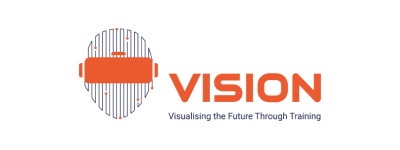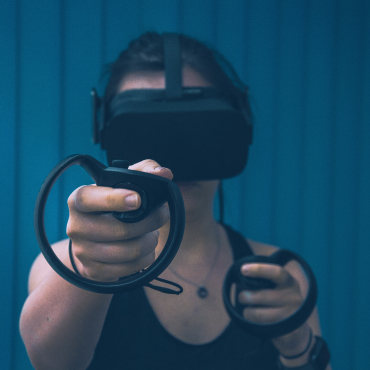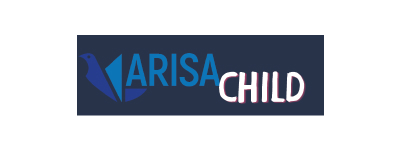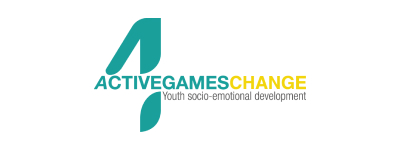
VR4React
Reducing Reactive Aggression through Virtual Reality

Visualising the Future Through Training
Timeframe
11/2021 – 05/2024 (30 months)
Get in touch

The VISION project aims to mitigate one of the most felt difficulties of inmates’ post-release: obtaining rewarding employment. For this purpose, this initiative seeks to develop the inmates’ competencies through VET (Vocational Education and Training) programmes. The outstanding feature is that they will be supported by Virtual Reality (VR) technology.
This kind of intervention in offender rehabilitation includes a training programme for educators/trainers. The VISION train-the-trainer course seeks to improve their teaching skills and instruct them on how to deliver the VR programme to final clients.
Hence, this project will help inmates be better prepared to find and retain a job. Ultimately, VISION will support successful social reintegration, which will contribute to recidivism reduction and public safety.

Improve retention in VET programmes by increasing the length of time inmates are enrolled, as well as their participation willingness.
Improve the skills of trainers/educators who work with inmates.
Increase the adherence of inmates in VET programmes.
Increase inmates’ preparation for labour market integration, successful employment post-release, reintegration, and prevent reincarceration.
A web-based toll to assess inmate's motivation and devising effective strategies for their enrolment in suitable training opportunities.
Virtual scenarios that introduce and stimulate inmates adhesion and interest in available VET courses.
A training plan for educators on how to deliver the VR programme (depending on each prisoner’s needs) and improving their skills to train prisoners (knowledge transference).

Reducing Reactive Aggression through Virtual Reality

Developing and Using Virtual Reality Technology for the Rehabilitation of Drug Users in Probation Services

Virtual reality for training inmates

Integrating Young Offenders Through the Blue Economy

Secured digital education system for vocational skills for youngsters in closed institutions

Training of Refugee Offenders by Virtual Reality

Systematic Transition from Prison into the Labour Market

New sports method for prisons as a tool to support competency development, positive values, and reintegration

Strengthening the capacity of criminal justice professionals and volunteers

A flexible, multidisciplinary and transnational VET model for the PROBATION services and practitioners

Preventing Emotional and Sexual Abuse Among Young People

Peer Pro-Social Modeling in Probation

Development and testing of a process chain for the placement of former detainees as specialists in the labour market

Key Competencies for Minor Offender Reintegration

Identifying future capabilities for Community Policing

Promoting sustainability in prisons through green competencies, education, and pathways to employment

European Framework of Competences for Community Professionals in Gang Environments

Fair predictions of gender-sensitive recidivism

European Induction Support for Adult Learning Professionals to the Correctional Criminal Justice System

European Interaction Guidelines for Education Professionals when working with Children in Juvenile Justice Contexts

Taking Further Prisoners’ Education Projects in Using Dialogue as Preparing for Release

Coding in prison as a valuable OUTside tool for employment

Bringing Safety on the Roads

Blended Learning Environment for European Prisoners

Cross-sectoral awareness building on mental health needs in the criminal justice system and on release

Assessing the Risk of Isolation of Sentenced and Accused: Enhancing the Capacity of Correctional Services to Work with Convicted Children

Sport and physical activity learning environment for citizenship, emotional, social and e-competences training